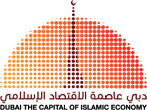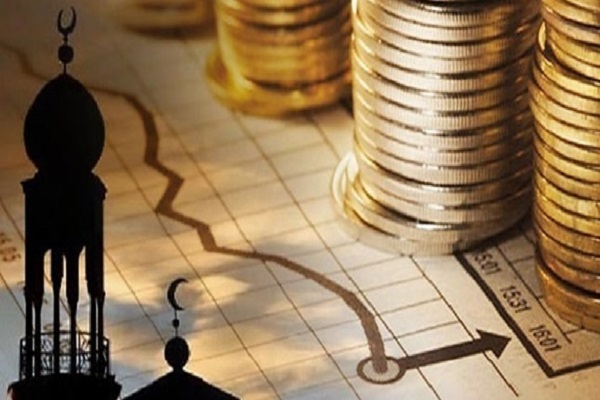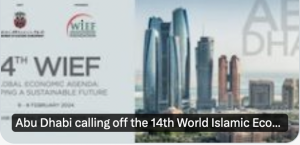Board Reviews Initiatives, Progress and Outlines Future Plans
 Dubai – His Excellency Mohammed Abdullah Al Gergawi, Chairman of the Sheikh Mohammed Bin Rashid Al Maktoum Executive Office and Chairman of the Dubai Islamic Economy Development Centre (DIEDC), confirmed that DIEDC would continue to set an ambitious course in the upcoming year by launching initiatives to enhance and grow the Islamic economy and underline the UAE’s leadership in this vital sector. Al Gergawi made his comments at a review meeting of the board of the Dubai Islamic Economy Development Centre.
Dubai – His Excellency Mohammed Abdullah Al Gergawi, Chairman of the Sheikh Mohammed Bin Rashid Al Maktoum Executive Office and Chairman of the Dubai Islamic Economy Development Centre (DIEDC), confirmed that DIEDC would continue to set an ambitious course in the upcoming year by launching initiatives to enhance and grow the Islamic economy and underline the UAE’s leadership in this vital sector. Al Gergawi made his comments at a review meeting of the board of the Dubai Islamic Economy Development Centre.
Al Gergawi said: “At DIEDC we aim to articulate the vision of His Highness Sheikh Mohammed Bin Rashid Al Maktoum, Vice President and Prime Minister of the UAE and Ruler of Dubai,under the directions of His Highness Sheikh Hamdan Bin Mohammed Bin Rashid Al Maktoum, Crown Prince of Dubai, of making Dubai the global capital of Islamic economy and contributing to the overall economic progress of the emirate and the wider UAE.”
“We work hand-in-hand with our public and private sector partners within and outside the UAE to further drive growth across the seven pillars that the DIEDC is founded on. This is done through implementing a comprehensive strategy of practical initiatives and programmesthat drive Dubai’s Islamic economy ambitions.”
Abdulla Mohammed Al Awar, CEO of DIEDC, briefed the board on the progress of the initiatives and projects currently underway, and provided an overview of the DIEDC’s achievements in 2014. He also outlined the Centre’s plans for 2015. The upcoming year will see a host of new initiatives and action plans for implementing those initiatives.
The board reviewed the development of the current projects and explored the potential of new and proposed initiatives.Current projects focused on knowledge, halal product standards, Islamic finance criteria, conferences and fairs. Meanwhile, new initiatives include the launch of an international centre for governance of Islamic companies, an international centre for accreditation of halal products and the launch of the first-of-its-kind digital portal on the Islamic economy.
His Excellency Essa Kazim, Secretary General, DIEDC and Governor of Dubai International Financial Centre,said: “In 2014, we witnessed the launch of a range of quality initiatives and programmes under the DIEDC umbrella. We also worked with like-minded partners to organise some immensely successful events focused on Islamic economy. Through such activities the DIEDC has successfully articulated Dubai’s leadership in the Islamic economy sector.We will leverage this momentum to expand our horizons and widen the scope of our work to achieve our ultimate goals in the year ahead.”
DIEDC is built on the seven pillars of finance, the halal industry, tourism, digital infrastructure, art, knowledge and Islamic standards. The entity is mandated to establish a sound infrastructure and a comprehensive framework to oversee the implementation of initiatives that lead to developing an enabling Islamic economy.
The pillars focus on making Dubai the international reference for Islamic finance, the global hub for halal products manufacturing and accreditation, the preferred family tourism destination, the primary platform for Islamic electronic trade and digital content, the international capital for Islamic design and creativity, the global ready-reckoner for knowledge on the Islamic economy and a comprehensive standardisation centre for criteria and certifications on Islamic economy.
The Islamic economy has gained increasing significance in recent years due to the surge in demand for sustainable, sharia-compliant services and products from the 1.5 billion Muslim population as well as non-Muslims worldwide. The merits of a more humane and resilient financial system were spotlighted in the aftermath of the international financial crises that caused a paradigm shift in the public perception of finance and economy.
Sharia-compliant economic activities currently account for 11% of the global economy. The Islamic economy sector is on course to achieve accelerated growth in the immediate future, at the rate of 10 – 15% annually.



